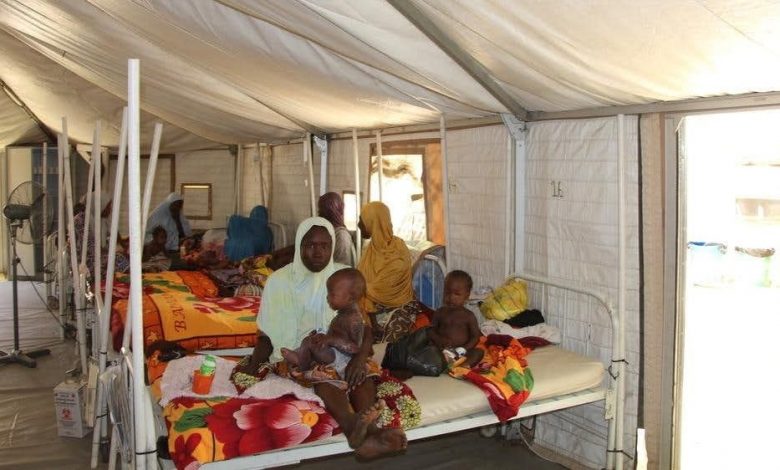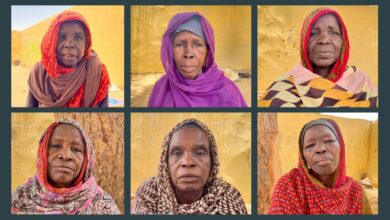Rural Communities Are Not Safe From COVID-19 Pandemic, MSF Warns

An international humanitarian medical organisation, Médecins Sans Frontières (MSF), has cautioned against the belief, in some quarters, that COVID-19 cannot spread in rural areas.
The organisation, also known as Doctors Without Borders, said this on Wednesday during a tweetchat with HumAngle.
The chat focused on ways the pandemic affects underprivileged populations, especially in Nigeria.
MSF agreed that the first reported COVID-19 cases in West Africa involved people travelling from overseas who live in big cities.
It, however, added, “Any movement of people appears to contribute to the spread of the coronavirus but that does not mean that rural communities are shielded from the disease.”
The non-governmental organisation noted that it should not be surprising that the pandemic has further “exacerbated existing disparities in access to health care” between the rich and the poor.
“For a public health emergency such as COVID, a public health response covering everyone is required, with mass testing, contact tracing and expanded inpatient capacities,” it recommended.
Speaking on reports of people looting trucks and stores containing foodstuff across Nigeria, MSF said even though lockdowns are put in place to reduce the spread of the virus, they result in “severe restrictions on livelihood in poor settings.
“People can get desperate. Some governments are organising food distribution but can it be a long term solution?” it asked.
It added, “Lockdown is one of the tools used to fight the COVID-19 virus. Social distancing, wearing masks, general testing leading to the isolation of positive cases, including those without symptoms, are other tools to contain the spread of the virus.”
HumAngle recalls that in the early days of the spread of coronavirus in Nigeria, many Nigerians believed it was a hoax and some called it a rich man’s disease.
“It is unfortunate that a number of Nigerians do not think COVID-19 is real, and some have this misconception that COVID-19 is a rich man’s disease,” said Ebele Okeke, Water Supply and Sanitation Collaborative Council’s WASH ambassador in Nigeria during a recent interview.
“The reason is that over 99 per cent of the cases were people flying into the country from other countries. This idea is false because diseases have no social status barriers, and anybody can be infected if you do not follow the precautionary measures,” Okeke added.
A study conducted by NOI Polls in April revealed that 28 per cent of Nigerians believe they are immune to COVID-19 for various reasons including their faith in God, race, and the country’s weather.
Also, 87 per cent expressed concern about the lockdown mostly because of the lack of adequate food supplies for poor households, hunger, and economic hardship.
Support Our Journalism
There are millions of ordinary people affected by conflict in Africa whose stories are missing in the mainstream media. HumAngle is determined to tell those challenging and under-reported stories, hoping that the people impacted by these conflicts will find the safety and security they deserve.
To ensure that we continue to provide public service coverage, we have a small favour to ask you. We want you to be part of our journalistic endeavour by contributing a token to us.
Your donation will further promote a robust, free, and independent media.
Donate Here




